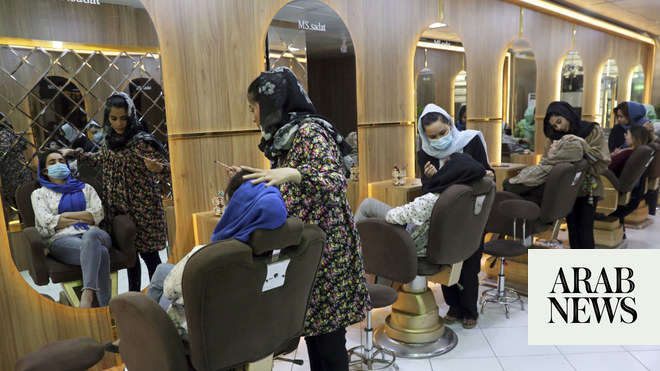
US peace envoy Zalmay Khalilzad was on Thursday in Afghanistan on a trip that will also take him to India, China, Russia and Pakistan in a fresh bid to negotiate an end to the war between Kabul and the Taliban movement.
Efforts for a negotiated settlement of the 18-year war in Afghanistan have gathered pace in recent weeks, even as reports that US President Donald Trump plans to withdraw thousands of US troops have triggered uncertainty in Kabul.
Khalilzad has held three rounds of talks with the Taliban, but on Tuesday, the militants canceled a fourth round.
The Afghan Taliban said they had called off the peace talks with US officials in Qatar this week due to an "agenda disagreement", especially over the involvement of Afghan officials as well as a possible ceasefire and prisoner exchange.
A Taliban source told Reuters that US officials had insisted that the Taliban should meet Afghan officials in Qatar and said "both sides were in disagreement over declaring a ceasefire in 2019."
Iranian Foreign Minister Mohammad Javad Zarif said Wednesday that the Taliban must have a role in Afghanistan’s future, but added that the group should not have a dominant role.
Zarif said that Iran has had intelligence contacts with the Taliban because it needed to secure border areas controlled by the Taliban on the Afghan side.
"I think it would be impossible to have a future Afghanistan without any role for the Taliban," Zarif, who is in New Delhi for talks with Indian leaders, told NDTV in an interview.
"But we also believe that the Taliban should not have a dominant role in Afghanistan."
Zarif said it was up to Afghans to decide what role the Taliban should have but Afghanistans neighbors would not want them to be in overall control.
"Nobody in the region believes that a Taliban dominated Afghanistan is in the security interests of the region. I believe that is almost a consensus."











